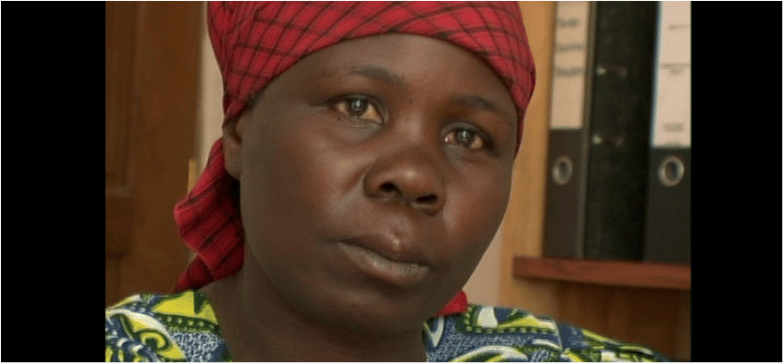Women Documentary Filmmakers: Framing War and 'Post-Conflict' Zones
by Masa Hilcisin, on Feb 6, 2018 11:43:58 AM
The representation of mass rape, other forms of torture, and forced exile along with psychological and social consequences of war on women and girls reveals essential elements which have to be brought more into the current public discourse.
In contemporary documentary cinema, this discourse is built on a major dichotomy: victims/survivors and perpetrators, representation and signified reality, and recollection of subjective impressions and aestheticism over documentary text. Exploring a range of cinematic representations of war and post-conflict zones raises many issues of universal and basic human concerns. Critical discourse and the complex relationship between the filmmaker and subject embody some of the key ethical challenges in documentary cinema.

By raising issues of sexual violence, deprivation, devastation, threats, and death in a representational mode of documentary cinema, ethics concerns and burdens become one of the core issues for documentary filmmakers. In displaying vulnerable subjects and harsh traumas, documentary text constructs vivid reality which shifts from representational to indexical reflection and steers away from imaginary reflection of the constructed world that might exist, but refer to the world that the viewer actually lives in. Filmmakers selected for this paper opted for an approach based on evidence, factual material, and highly resonant emotional responses. This develops strong rhetoric and appeal on conditions addressed in documentary text. Female documentary filmmakers provide mapping of some of the most critical current issues in politics and society and specific access to human stories and interpretations which grew at the intersection of political activism, feminism, and documentary discourse.
Representation of war and the exploration of political conflict over documentary film text are discussed through recent documentary productions of Lisa F. Jackson's The Greatest Silence: Rape in the Congo (2008), Anneta Papathanassiou's Playing with Fire: Women Actors of Afghanistan (2014), and Yasmin Fedda's Queens of Syria (2014). Each of these documentary texts assembles the specific nature of documentary cinema and its anticipation of massive violence against women emanated by the politics of war. All of them received major documentary film awards for outstanding achievement in directing and advocating human rights.









